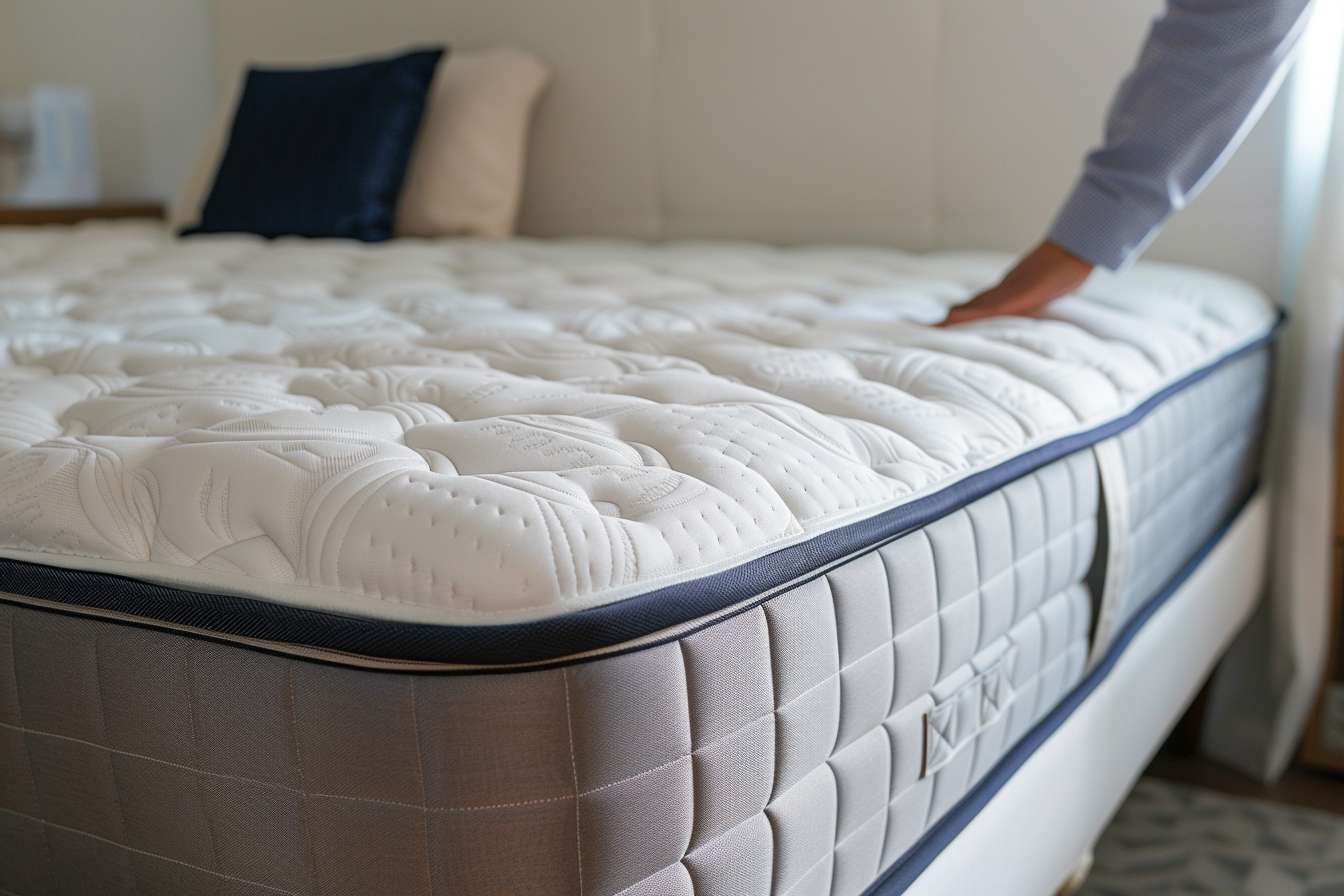When do you qualify for government‑funded bathroom upgrades in the UK
Bathroom renovation grants in the UK provide crucial support for elderly and disabled individuals seeking essential home adaptations. These grants, including the Disabled Facilities Grant, focus on enhancing accessibility and safety, covering installations like walk-in showers and grab rails. Understanding eligibility and application processes is vital for accessing these financial aids to improve independent living.

What are bathroom grants in the UK?
Bathroom grants in the UK are financial aids provided by local authorities and other government bodies to help eligible individuals modify their bathrooms for improved accessibility. These grants typically cover the costs of installing essential adaptations such as walk-in showers, grab rails, or wheelchair-accessible facilities. The primary goal is to enable people with disabilities or elderly individuals to maintain independence in their homes and reduce the risk of accidents in the bathroom.
Who is eligible for bathroom renovation grants?
Eligibility for bathroom renovation grants in the UK is generally based on several factors:
-
Disability or medical condition: Applicants must have a disability or long-term health condition that affects their ability to use the bathroom safely.
-
Age: While there’s no specific age requirement, older adults who struggle with mobility are often prioritized.
-
Financial situation: Means-testing is usually applied to determine if the applicant can afford the modifications without assistance.
-
Home ownership or tenancy: Both homeowners and tenants may be eligible, though tenants typically need landlord permission.
-
Necessity of adaptations: An occupational therapist assessment is often required to confirm the need for specific bathroom modifications.
How do you apply for bathroom grant funding?
The application process for bathroom grant funding typically involves the following steps:
-
Contact your local council: Reach out to the social services department of your local authority to inquire about available grants.
-
Initial assessment: A social worker or occupational therapist may visit your home to assess your needs and recommend appropriate adaptations.
-
Application submission: Complete the necessary paperwork, including proof of disability, financial information, and any required medical documentation.
-
Approval process: The local authority will review your application and decide on the grant allocation.
-
Implementation: If approved, you’ll work with the council or appointed contractors to carry out the bathroom modifications.
What additional support and resources are available?
Beyond bathroom grants, several other resources and support options exist for those needing home adaptations:
-
Disabled Facilities Grant (DFG): A more comprehensive grant covering various home adaptations, including bathroom modifications.
-
Home Improvement Agencies: Non-profit organizations that can provide advice and assistance with grant applications and home adaptations.
-
Charities and foundations: Some organizations offer financial support or guidance for specific disabilities or conditions.
-
VAT relief: Certain bathroom adaptations may qualify for VAT exemption when installed for a person with a disability.
-
NHS equipment provision: In some cases, the NHS may provide essential bathroom equipment as part of a care package.
Why should you learn more about bathroom grants today?
Understanding bathroom grants and related support systems is crucial for several reasons:
-
Improved quality of life: Proper bathroom adaptations can significantly enhance independence and safety for individuals with disabilities or mobility issues.
-
Financial relief: Grants can alleviate the financial burden of necessary home modifications, which can be substantial.
-
Preventive measures: Early adaptations can prevent accidents and potentially reduce healthcare costs in the long run.
-
Aging in place: Knowledge of available support can help individuals plan for future needs and remain in their homes longer.
-
Supporting caregivers: Adapted bathrooms can make caregiving tasks easier and safer for family members or professional caregivers.
In conclusion, government-funded bathroom upgrades in the UK are available to those who meet specific eligibility criteria, primarily based on disability, age-related needs, and financial circumstances. By understanding the qualifications, application process, and additional resources available, individuals can take proactive steps to improve their living conditions and maintain independence. Whether you’re currently in need of bathroom adaptations or planning for future requirements, exploring these grant options can be a valuable investment in your home and well-being.




